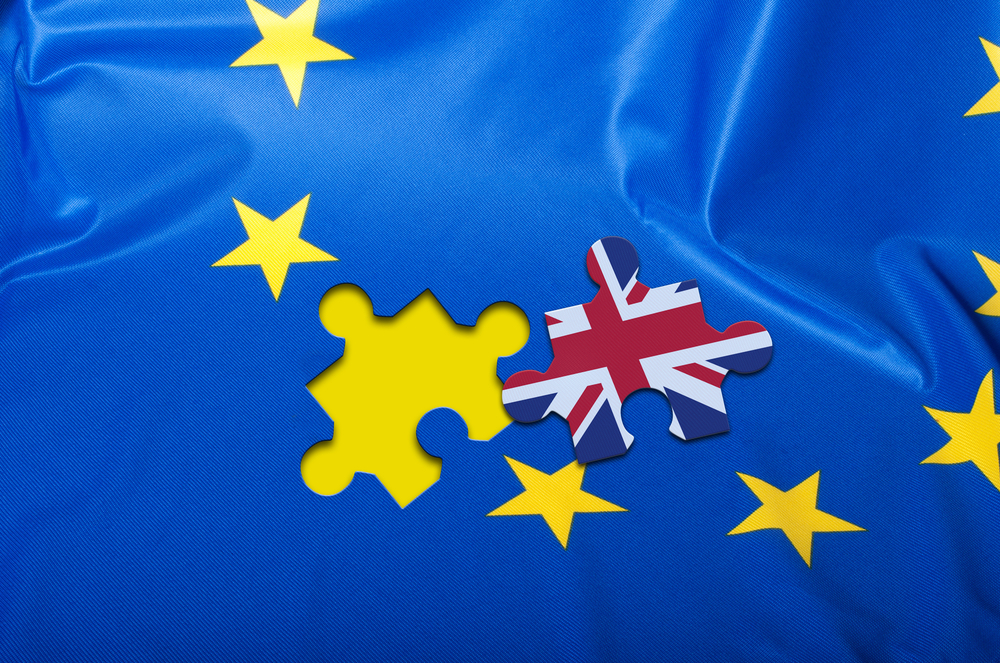Household Bills
KPMG warns no-deal Brexit could trigger recession

Accountancy firm predicts that leaving the European Union without a deal could result in a recession in 2020.
In a report titled Britain at a crossroads, KPMG said a deal by 31 October will see some renewed momentum in the economy, helped by the continuation of existing trade links, while a no-deal will see the UK falling into a year-long recession from late 2019.
KPMG predicts that the economy could shrink by 1.5 per cent next year in the case of a no-deal Brexit, while unemployment could jump to 4.8 per cent. It also predicted that the Bank of England would lower the base interest rate to 0.1 per cent shortly after 31 October if the UK exits the EU without deal.
The figures are in stark contrast to the firm’s predictions in the scenario the government negotiates a deal with the EU. If we get a deal it says the economy is likely to grow by 1.5 per cent while unemployment would remain at 3.9 per cent.
KPMG also said the pound could appreciate by 10 to 15 per cent on news of a deal, which together with lower energy costs, would see inflation in check close to its 2 per cent target. This would allow the Bank of England to keep the base interest rate at the current 0.75 per cent until at least November 2020.
According to KPMG, house prices in the UK should see improvements to growth across all regions by 2020 under a deal scenario, with Yorkshire experiencing the strongest rise followed by the North West.
But a no-deal would see falls in house prices of around 6 per cent in 2020, with Northern Ireland bearing the heaviest impact on house prices. Falls in a no-deal scenario could be even larger, about 10 to 20 per cent, based on historic market performance.
Yael Selfin, KPMG UK’s chief economist, said: “Given the time that has passed since the vote was cast, a casual observer would have assumed that by now arrangements between respective governments would have been made, businesses would be prepared and everyone would know what to expect from the future relationship between the UK and the EU.
“The reality is different. The UK is fast approaching a crossroads where no one yet knows which path it will take on 31 October. Limited preparations done so far in comparison to the magnitude of the task ahead mean that an exit from the EU without a transition period could make a significant short term dent on the UK economy. On the other hand, a last-minute deal coupled with a two-year transition period could give the UK a respite to find its new place in the world economy.”